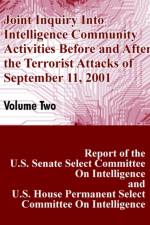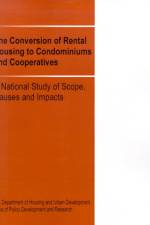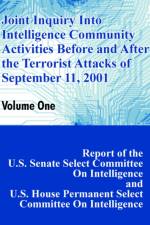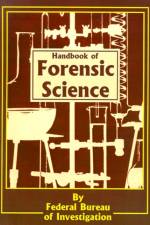- A Manual for Law Enforcement Agencies
av U S Department of Justice
575,-
This manual was developed for the use of those who investigate white-collar crime and related abuses, and to assist those who supervise and must interact with investigators in this field. It was not addressed to any specialized audience within these groups, but rather to meet general interests in white-collar crime investigation which cut across such specialized lines. This manual builds upon the broad-ranging and intensive experience of numerous investigators and their agencies, a good portion of which has previously only been available in specialized manuals, in internal agency documents which reflect agency policies and practices, and in the extensive knowledge of individual investigators who provide a wealth of information and advice if one takes the trouble to ask. A second handbook included here as an appendix, The Seventh Basic Investigative Technique, highlights an approach to the investigation of organized crime and white collar crime targets by criminal investigators that was introduced to and enthusiastically received by state and local law enforcement officials who attended a series of Law Enforcement Assistance Administration regional conferences on organized crime. For countless years, criminal investigators have relied on six basic investigative techniques to solve crimes; i.e., (1) the development of informants, (2) use of undercover agents, (3) laboratory analysis of physical evidence, (4) physical and electronic surveillance, (5) interrogation, and (6) where permitted by law, wiretapping. The purpose of this handbook is to introduce to criminal investigators, on a broad scale, a seventh basic investigative technique, used primarily in the investigation of violations of the Federal income tax laws - the investigation of financial transactions engaged in by the targets of their investigations.






























